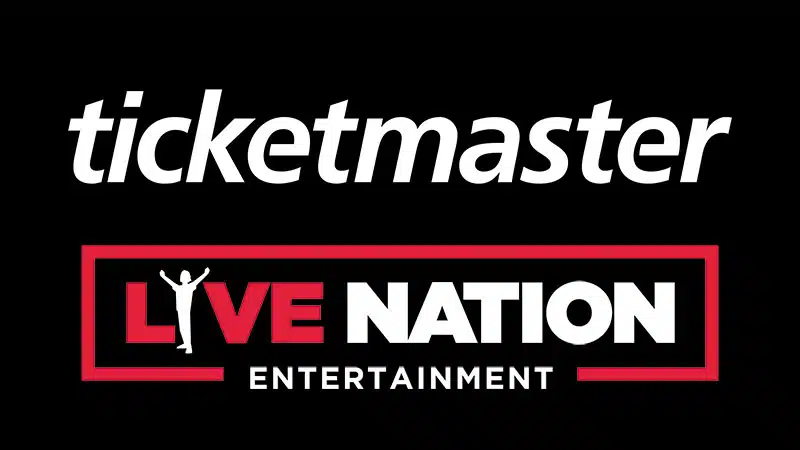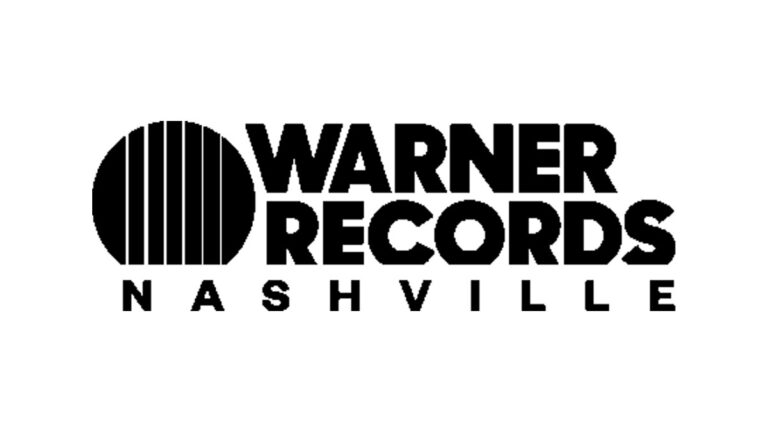The agency alleges Ticketmaster used deceptive pricing tactics
The Federal Trade Commission (FTC) and seven states have filed a lawsuit against Live Nation and Ticketmaster for tacitly coordinating with brokers and allowing them to harvest millions of dollars worth of tickets in the primary market. Live Nation and Ticketmaster then sell the illegally harvested tickets at a substantial markup in the secondary market, causing consumers to pay significantly more than the face value of the ticket.
The FTC further alleged in a complaint that California-based Ticketmaster LLC and its parent company Live Nation Entertainment, Inc., (collectively “Ticketmaster”) deceived artists and consumers by engaging in bait-and-switch pricing through advertising lower prices for tickets than what consumers must pay to purchase tickets; deceptively claimed to impose strict limits on the number of tickets that consumers could purchase for an event, even though ticket brokers routinely and substantially exceeded those limits; and sold millions of tickets, often at much higher cost to consumers, on its resale platform that those brokers obtained in excess of artists’ ticket limits.
“President Donald Trump made it clear in his March Executive Order that the federal government must protect Americans from being ripped off when they buy tickets to live events,” says FTC Chairman Andrew N. Ferguson. “American live entertainment is the best in the world and should be accessible to all of us. It should not cost an arm and a leg to take the family to a baseball game or attend your favorite musician’s show. The Trump-Vance FTC is working hard to ensure that fans have a shot at buying fair-priced tickets, and today’s lawsuit is a monumental step in that direction.”
Ticketmaster is the leading provider of tickets for concerts—controlling about 80% or more of major concert venues’ primary ticketing—and it also has a growing share of ticket resales in the secondary market. From 2019 to 2024 alone, consumers spent more than $82.6 billion purchasing tickets from Ticketmaster.
The FTC alleges that in public, Ticketmaster maintains that its business model is at odds with brokers that routinely exceed ticket limits. But in private, Ticketmaster acknowledged that its business model and bottom line benefit from brokers preventing ordinary Americans from purchasing tickets to the shows they want to see at the prices artists set.
The FTC’s complaint against Ticketmaster alleges that:
Despite implementing security measures, Ticketmaster is aware that brokers routinely bypass such measures by creating thousands of Ticketmaster accounts and using proxy IP addresses in order to purchase event tickets.
Ticketmaster nevertheless allows brokers to post these illegally obtained tickets for resale on its platform, then profits from the additional fees and markups it unilaterally adds to the resale tickets.
In fact, a senior Ticketmaster executive admitted in an internal email that copied Live Nation leadership, that the companies “turn a blind eye as a matter of policy” to brokers’ violations of posted ticket limits. For example, an internal review showed that just five brokers controlled 6,345 Ticketmaster accounts and possessed 246,407 concert tickets to 2,594 events.
Ticketmaster and Live Nation even offer technological support to brokers through a software platform called TradeDesk, which enables brokers to track and aggregate tickets purchased from multiple Ticketmaster accounts into a single interface for simpler resale management. Through TradeDesk, Ticketmaster can identify which high-volume brokers are exceeding ticket limits through the use of hundreds, or even thousands, of Ticketmaster accounts.
The companies also have consistently declined to deploy additional technology that would more effectively prevent brokers from evading ticket limits because such tactics would decrease their revenue, according to internal company documents. For example, the company in 2021 opted against using third-party identity verification because it was “too effective.”
In addition, Ticketmaster deceived the American people by advertising list prices for tickets that were substantially lower than the actual cost consumers paid after fees and markups were added. The FTC alleged that Ticketmaster hid the mandatory fees, which are as high as 44% of the cost of the ticket, that it didn’t add the fees to the price of tickets until the very end of the transaction, and still failed to clearly detail the extra fees before consumers paid for the tickets. The fees totaled $16.4 billion from 2019 to 2024.
Despite publicly claiming that they support consumers knowing the “full cost of their tickets from the start,” company executives acknowledged internally that Ticketmaster engaged in deceptive pricing and deliberately continued that approach after internal research showed consumers were less likely to purchase tickets when they are informed of the true cost upfront.
The FTC alleges that these practices violate the FTC Act’s prohibition on deceptive acts or practices in the marketplace and the Better Online Ticket Sales Act. The FTC is seeking civil penalties against Ticketmaster and any additional monetary relief that the court finds appropriate.
The Commission vote authorizing the staff to file the complaint was 2-0-1, with Commissioner Melissa Holyoak recused. The complaint was filed in the U.S. District Court for the Central District of California.
The Commission files a complaint when it has “reason to believe” that the named defendants are violating or are about to violate the law and it appears to the Commission that a proceeding is in the public interest. The case will be decided by the court.





